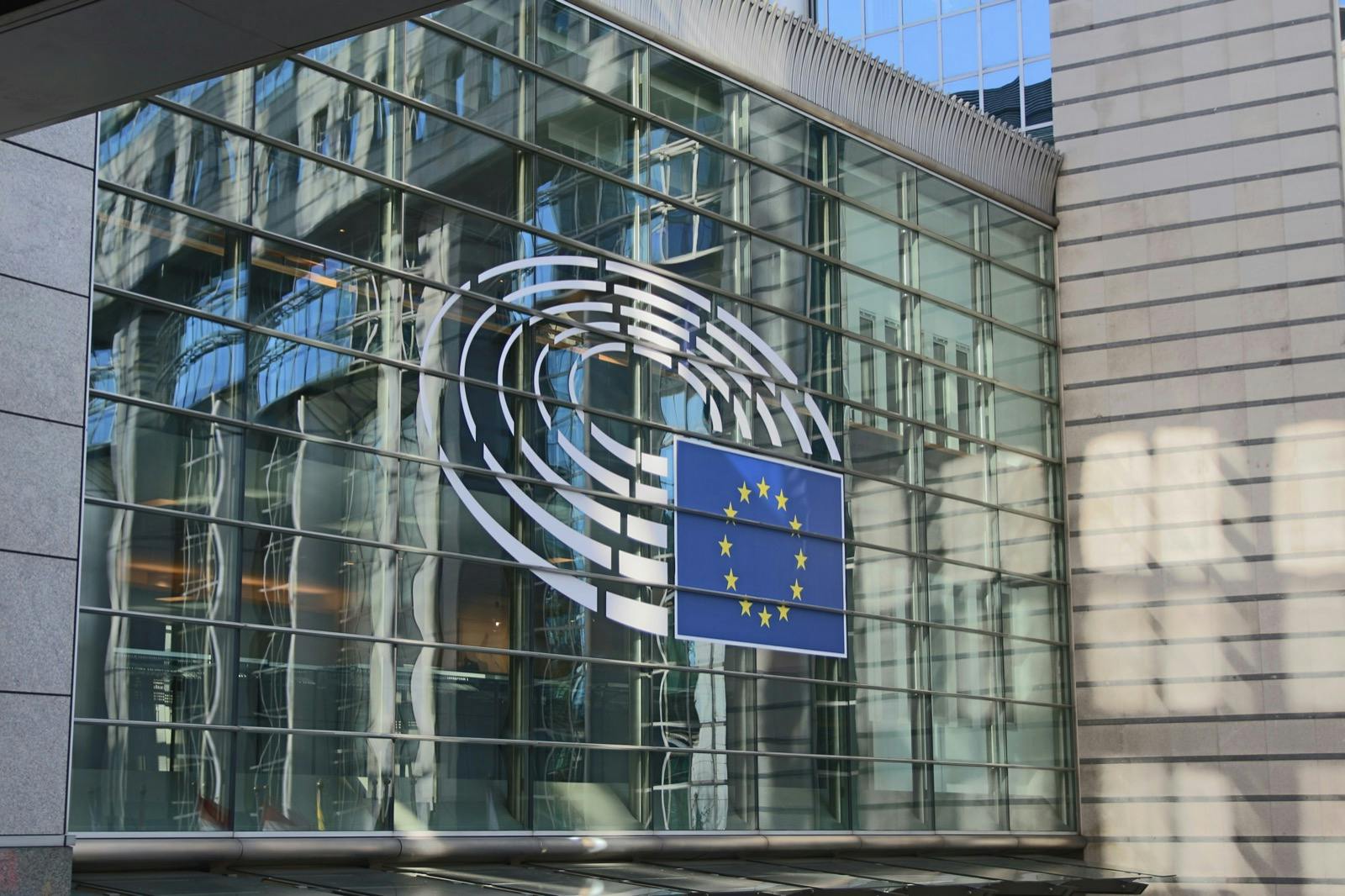A decisive step forward in the European Parliament for greater transparency on ESG standards for large companies
About forty conservative (EPP) and liberal (Renew Europe) MEPs proposed a motion to reject the Commission's delegated act on Corporate Sustainability Reporting Directive (CSRD) on the basis that it imposes overly complex standards and thus bureaucratic burdens on companies. In line with the anti-Green Deal strategy followed more and more by a part of the EPP, the motion was ultimately rejected.
The motion called for a reduction in the amount of data to be published by companies, and for it to be staggered over time. Fortunately, by a vote of 262 to 387, the motion was defeated, marking a decisive step forward for sustainable corporate transparency. From 2025 onwards, companies will be required to publish an annual report on their policies, data and objectives in the fight against climate change, biodiversity protection, the fight against the waste of resources and in the social field. These standards were the subject of two years of work by EFRAG (European Financial Reporting Advisory Group), the group of expertsadvising the Commission.
Two public consultations led the Commission to reduce the number of data items to be published, to require the publication of complex data, such as biodiversity ones, only when they were significant for the company ("materiality test" in auditors' jargon) and to spread certain requirements over time.
While the argument of the administrative burden on companies is well-founded, we should remember that we are only talking about large companies, many of which already publish a great deal of data in these areas, and which have the resources to meet these requirements. These in return will enable real transparency on the "good and bad performers" of the energy and ecological transition, which represents a real gain for the community and for the companies themselves, who will be able to see their customers, suppliers and competitors more clearly. Financial companies will also be able to adapt their financing and dialogue with non-financial companies accordingly.
Finally, it's worth pointing out that the energy and ecological transition requires an effort from all economic players, and that this effort of transparency is not excessive compared to that required of households, governments or local authorities.
The problem of Small and Medium-sized Enterprises (SMEs) is of a different nature and deserves much greater assistance, as Europe Jacques Delors has already had occasion to point out (cf "A Major Challenge for Sustainable Transition: We need to help SMEs collect and publish their main ESG data" Europe Jacques Delors, 11/22).



